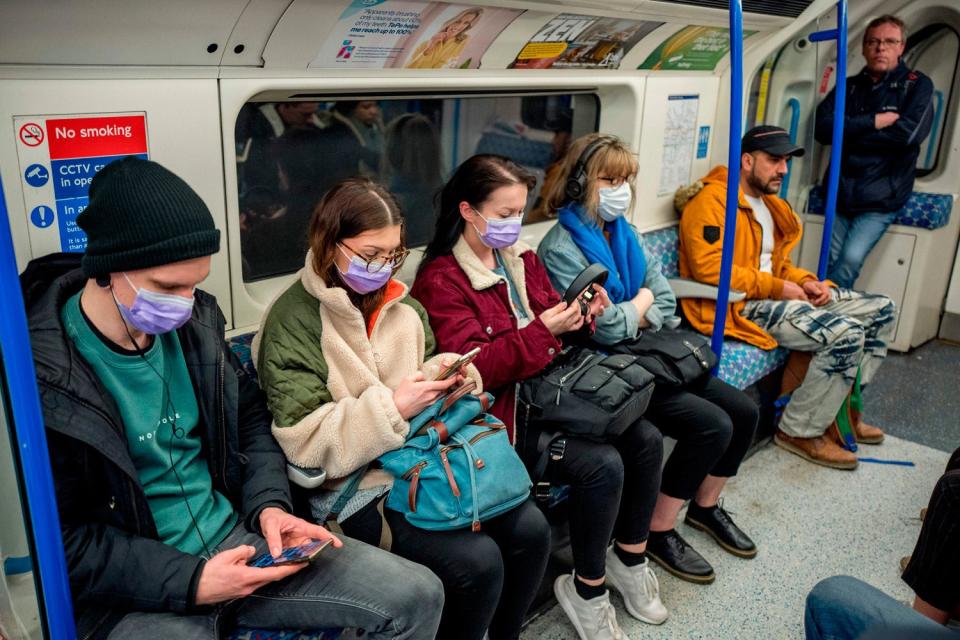Evening Standard Comment: 4G on the tube is great – Let’s give everyone decent internet at home, too

Before smartphones and wi-fi in stations, the Tube was perhaps the final frontier in which Londoners were forced to disconnect from the bustling city above. No longer.
Mayor Sadiq Khan made delivering 4G across the underground a manifesto commitment and today Transport for London awarded a 20-year concession to BAI Communications, a global provider of 4G and 5G, to counter so-called not-spots in the network.
This is a big step forward in our digitisation, yet perversely could leave some commuters in the unusual position of having better internet on the Tube than they do at home.
The rise of working from home during the pandemic has exposed many Londoners’ patchy internet access. Successive governments have talked about digitisation — the “D” in DCMS even changed from “department” to “digital” in 2017.
Yet it will take a lot more to drag Britain up to the level of many of our competitors. The UK is a consistent also-ran on world internet speed league tables, with those in rural areas enduring the worst connections.
While Ofcom reports that 96 per cent of UK homes can now get superfast broadband of up to 30 Mbit/s, about 190,000 homes still cannot get “decent” broadband go 10 Mbit/s. And this digital divide has a direct impact on people’s education and employment prospects.
Getting 4G on the Tube is a great step forward, not least because it will enable Londoners to read the Standard’s great journalism online.
Let’s now ensure everyone has access to fast, reliable internet even when they are not on the go.
Read More
London underground to get full mobile phone coverage by 2024

 Yahoo Finance
Yahoo Finance 